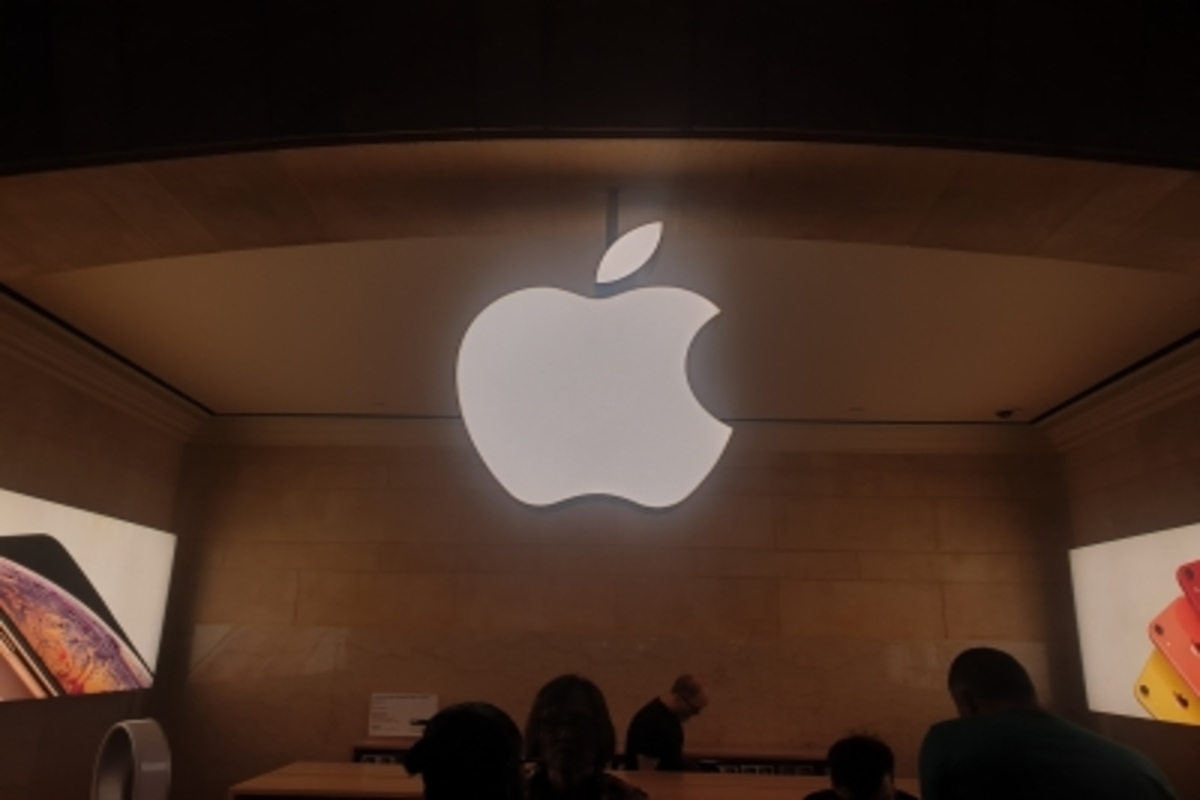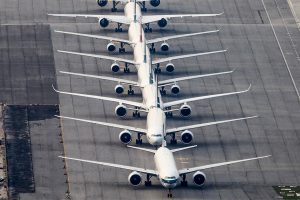Apple on Sunday (local time) said that it has temporarily reduced iPhone 14 production because of COVID-19 restrictions at its assembly plant in China.
Apple said that it will ship fewer units, and customers will have to wait longer.
“The facility is currently operating at significantly reduced capacity,” Apple’s statement read.
Advertisement
It means that iPhone 14 shipments could be impacted ahead of the Christmas shopping season.
The move will significantly impact Apple’s quarterly sales and make it harder for consumers to get their hands on Apple’s high-end models.
“We continue to see strong demand for iPhone 14 Pro and iPhone 14 Pro Max models,” said Apple press release.
“However, we now expect lower iPhone 14 Pro and iPhone 14 Pro Max shipments than we previously anticipated and customers will experience longer wait times to receive their new products,” it added.
Notably, iPhone 14 Pro assembly plant in Zhengzhou, a mega-factory owned by Taiwanese company Foxconn, which is a major supplier for Apple is under lockdown due to Covid spread.
Apple said the Zhengzhou plant is its primary facility for making the pro models and added it is “working closely with our supplier to return to normal production levels while ensuring the health and safety of every worker.”
China has been hit hard by COVID-19 restrictions and Zhengzhou employs hundreds of thousands of workers making iPhones and other high-end electronics.
In early October, supervisors at the plant suddenly announced that 3,000 workers had been taken into quarantine after someone tested positive for COVID-19 at the factory.
Meanwhile, Foxconn has said it faces a “protracted battle” against infections and imposed a closed loop bubble around the sprawling campus in Zhengzhou, in central China.
Local authorities locked down the area surrounding the factory on Wednesday, but not before reports emerged of employees fleeing on foot and a lack of adequate medical care at the plant.
China is the last major economy committed to a zero-Covid strategy, persisting with snap lockdowns, mass testing and lengthy quarantines in a bid to stamp out emerging outbreaks.











